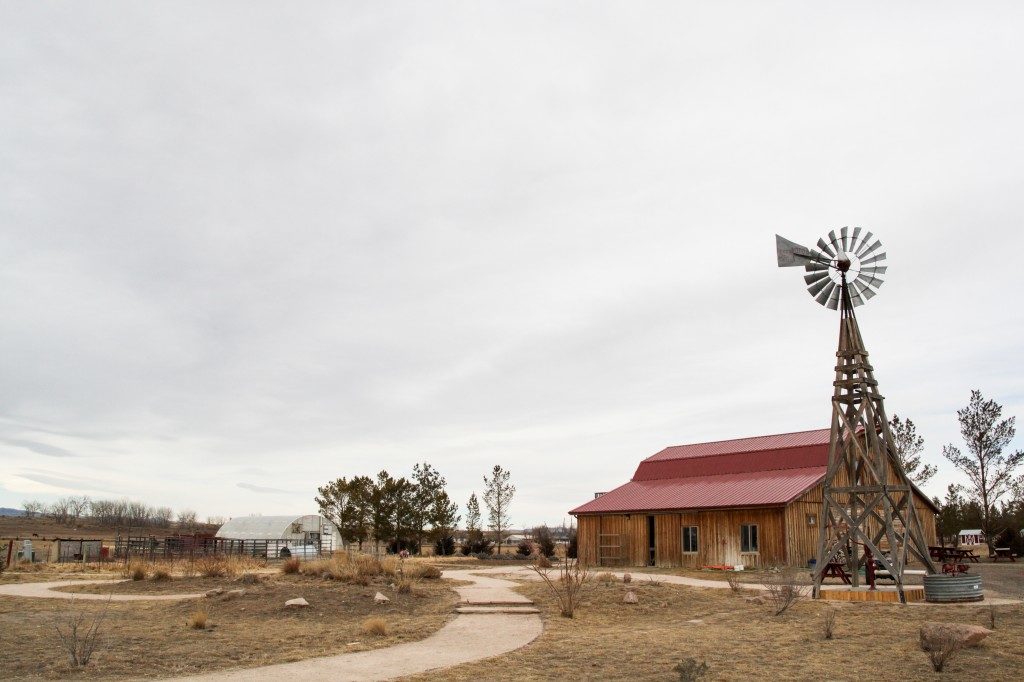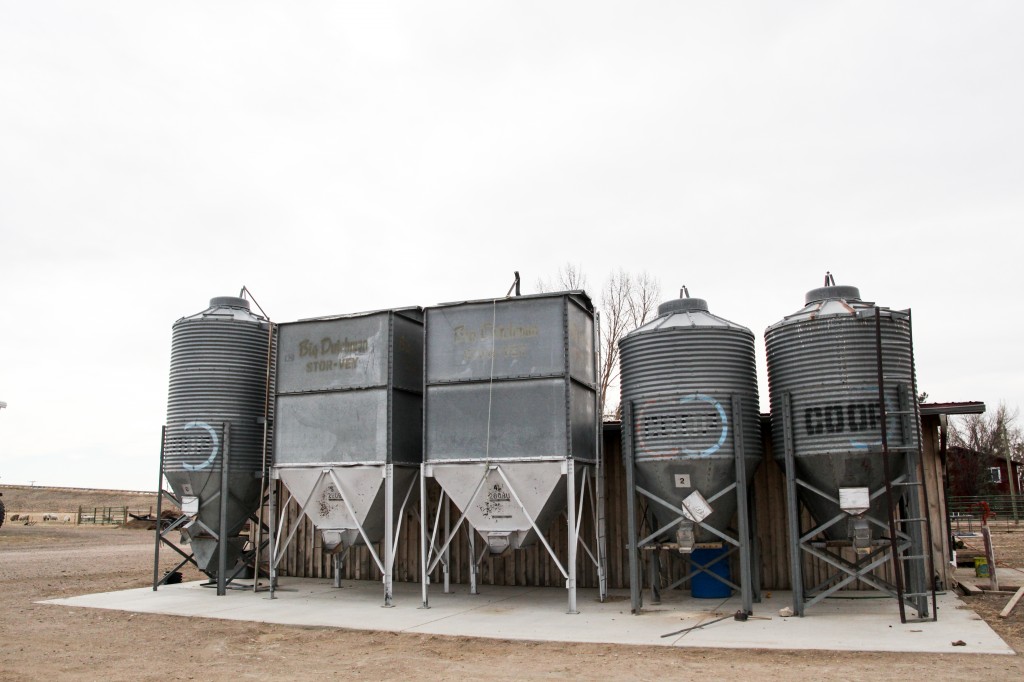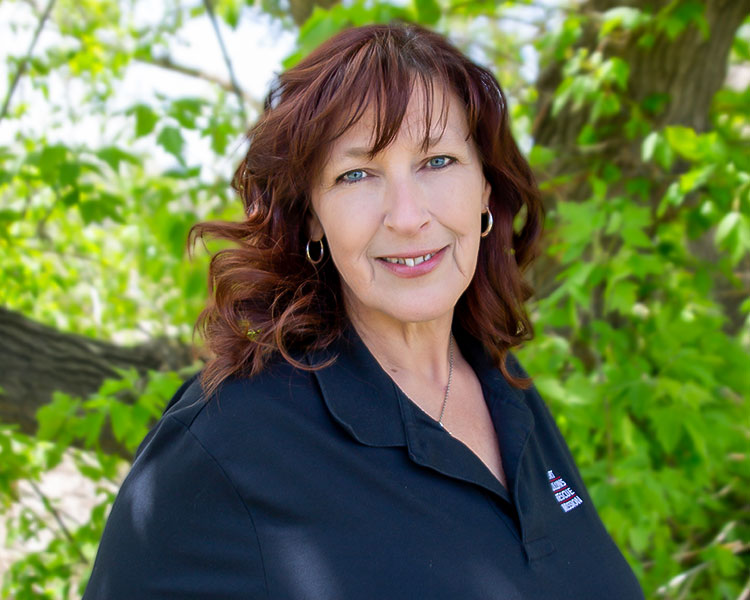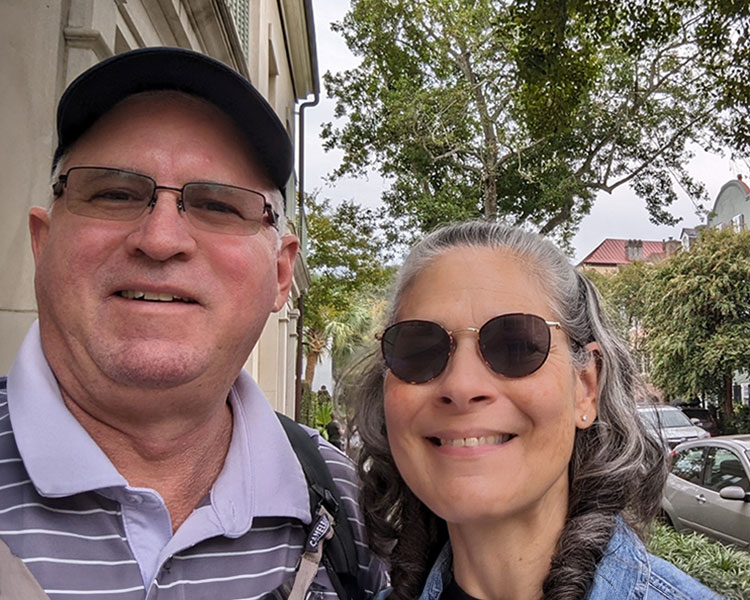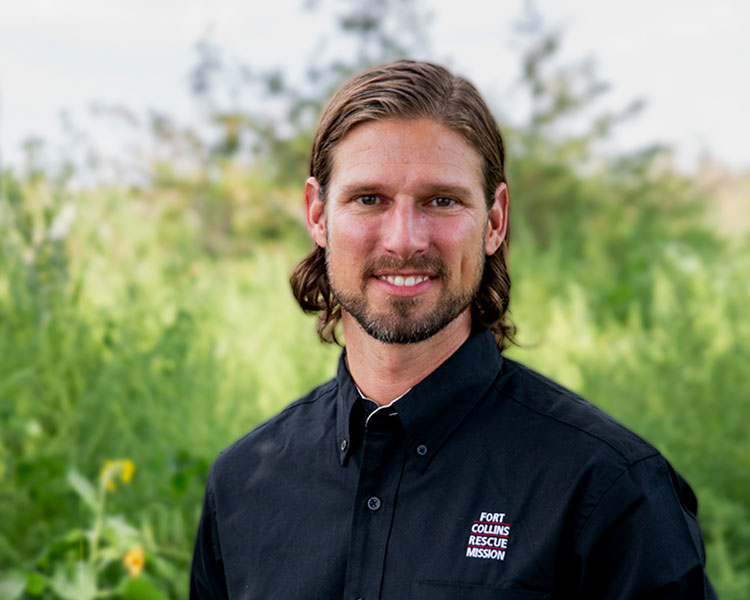That was the reading on the farm thermometer a weekend in early September. As the weekend progressed, the leaves of our garden produce began to curl up and wither. By the time Monday came around and we all came back to work, almost all of our warm season crops – the pumpkins, cucumbers, tomatoes, peppers, sweet corn, beans and peas – were all in varying stage of decay. Dead.
Obviously, the early hard frost was most discouraging to our garden crew here at Harvest Farm. This group of men spent the majority of their summer working the soil, prepping the ground, starting seeds in the greenhouse and then transplanting them out into the garden beds. After the plants began to grow and eventually thrive, these same men spent countless hours weeding, watering, and then weeding some more so that the plants could grow in the most ideal conditions possible. Volunteers came and joined them for much of the summer, groups large and small, young and old, all working for the common purpose of keeping the plants alive and flourishing. Since we refuse to use any sort of chemical treatments for weed or pest control in our garden, this is full-time undertaking, and every hand we could find was welcomed and appreciated. We were looking good.
But then a storm rolled in, a cold front that had lingered on the other side of the divide and then swooped down on us when we were all sleeping. We didn’t expect it to get so frigid. But even if we did see it coming, there is no way to cover almost two acres in down comforters. We were at the mercy of the weather and its capricious moods up here in Northern Colorado, as we always are, as all farmers are. When hail comes, there’s nothing we can do. When the wind whips up and drives down from the northwest out of Wyoming, there is nothing we can do. When no rain comes, when the reservoirs are low, there is nothing we can do. All we can do is accept what happens and decide how to best move forward. And that’s what we have been doing – what we always do.
The extent of the damage from that storm was bad, but I wasn’t surprised. This is Northern Colorado, after all. But I felt disheartened for the guys, for the men who put so much hard work into making this garden – their garden – into what is was. It seemed like a waste to have it all gone, just like that. But instead of wallowing in what we lost, we decided to talk about what survived, about what remained strong in spite of the weather. Looking over the shriveled land, we saw the lettuce greens, the spinach, the garlic, the squash and kale and Brussels sprouts and potatoes and tomatillos and carrots that were in great shape. We were excited to use it in the Farm’s kitchen and to send it to our numerous friends in the community. I took a bite of a freshly pulled carrot and tasted the incomparable flavor of soil and sweetness that supermarkets deprive us of. Suddenly, there seemed nothing to complain about.
There is a profound value to be found in a process, in the beauty of good work, even if the final goal somehow eludes us.
